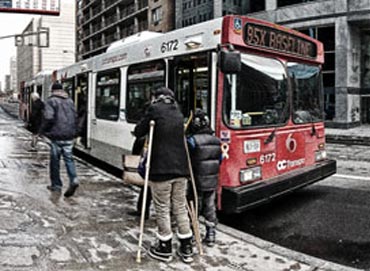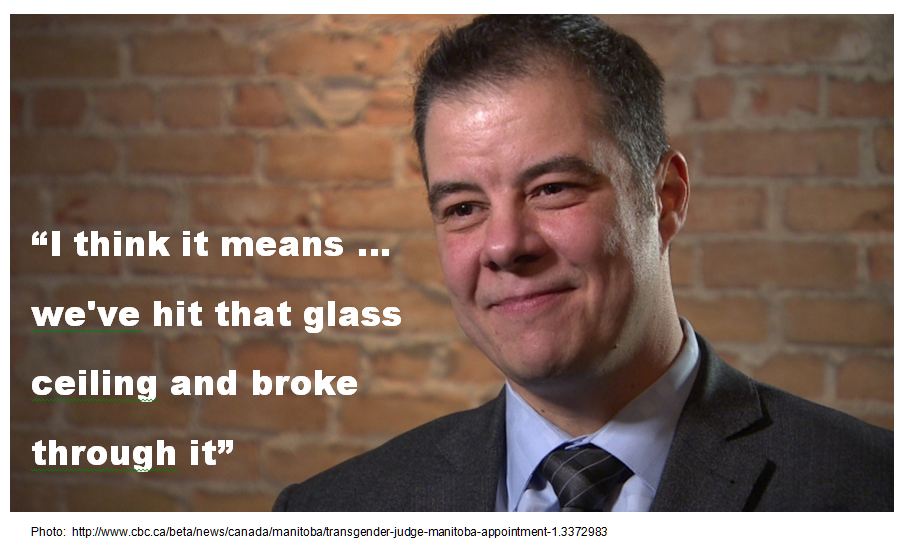
In L.N. v Ray Daniel Salon & Spa, 2024 HRTO 179 (CanLII), the Tribunal dealt with an application alleging discrimination in employment based on sex, sexual harassment, sexual solicitations or advances, citizenship and reprisal. The applicant was a refugee who had fled Iran after experiencing intimate partner violence and recently arrived in Canada. She was hired by the respondent who spoke Farsi, the applicant’s primary language. The Tribunal found that, during the course of her employment, the respondent engaged in repeated sexual harassment of the applicant, including three incidents of egregious sexual assaults and physical assault. He also took advantage of her precarious immigration status and paid her well below the minimum wage because she lacked permanent citizenship and threatened to report her to the police when she tried to enforce her rights by asking to be paid minimum wage. The Tribunal also found that the respondent engaged in reprisal against her when he filed a lawsuit against the applicant for bringing forward what he described as a “false claim” to the Tribunal. In total, the Tribunal ordered the respondent to pay $180,000 in damages for injury to the applicant’s dignity, feelings and self-respect which is reportedly the second highest damages award in the Tribunal’s history. In addition, the Tribunal ordered mandatory human rights training for the managerial staff in the workplace and required the decision to be posted in the workplace. The Toronto Star has reported that the respondent intends to appeal the decision.


